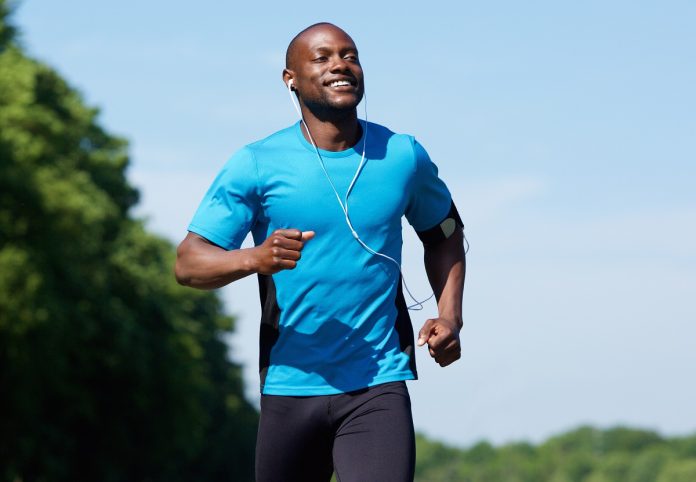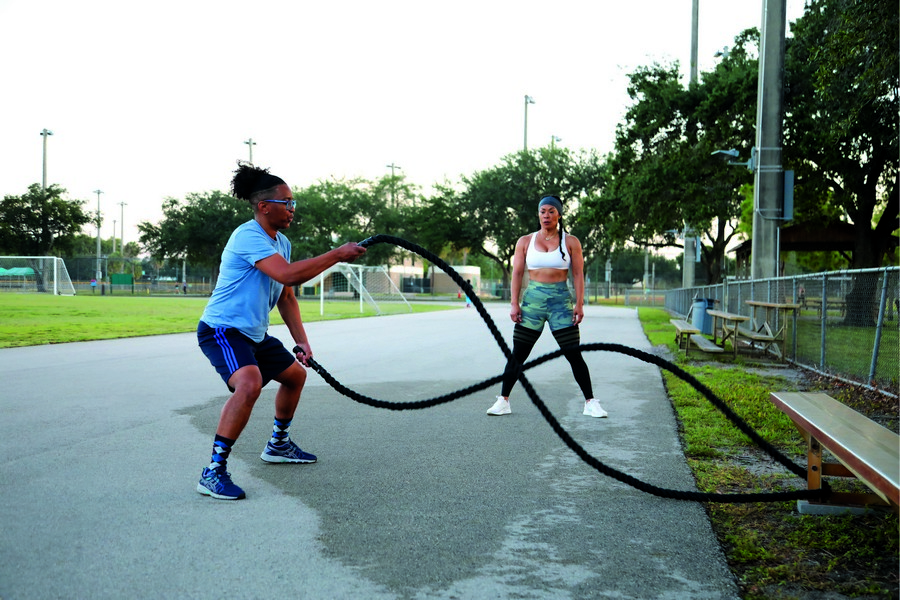
In a year like no other, 2020 and its lingering aftereffects forced us to reconsider every aspect of our lives. Yet there was one part of my life I never anticipated changing so much due to help relieve COVID fatigue ― my entire relationship with exercise.
Over the years, I’ve worked out, often motivated by goals of losing weight and building a fitter body. But when the pandemic hit, I realized that exercise was more than the pursuit of a physical ideal. Working out became fundamental to my psychological well-being. I began a ritual of walking in the mornings and soon added online yoga on Sunday mornings. By the summer, I was swimming regularly again. These moments offered space for meditation, helping to calm me and clear my head. Even when I increased the pace and signed up with a personal trainer this year, the mental rejuvenation I found from these exercise sessions was emotionally powerful.
Scientific Approach
Seeing exercise as integral to mental health is part of a current scientific and cultural rebranding of how we value working out. For so long, mainstream messaging married exercise to weight loss and appearance, but it did not focus enough on the potent psychological benefits.
“Exercise has great benefits for our mental and emotional health, reducing pain and discomfort and increasing feelings of pleasure and a sense of general well-being,” explains Dr. Joan Muir (no relation), a Jamaica-born psychologist now based in South Florida. Recent research also suggests that physical activity can even help ease more severe mood disorders like depression and anxiety. This link to improving chronic mental conditions isn’t as clear, but “exercise [does] release endorphins, which are a group of hormones that reduce stress and elevate mood,” adds Dr. Muir.

Recent medical findings have debunked many of the myths we’ve learned about weight loss. According to Dr. Muir, the physiological benefits are well-documented, as exercise “helps our bodies function better, improving our movement, posture, sleep and digestion.” Exercise alone, however, actually has a limited impact on helping us drop unwanted pounds. One 2013 research survey by Dr. Klaas R. Westerterp showed that the average person burns only a fraction ― 10% to 30% ― of the energy we gain from food. The lion’s share is consumed by basic bodily functions. In actuality, we have limited control over speeding up our own resting metabolism rate, guiding how much fuel we burn.
A New Relationship
Understanding this can diminish the shame many experience while working out since exercise for the sole purpose of improving our looks can be harmful. I’m sure many entering a gym are familiar with that feeling of toiling toward what feels like an unreachable perfect body while being surrounded by others who seem to have achieved it effortlessly. Instead, having a more holistic view of exercise could encourage more people to get active and have better relationships with their bodies overall. We need to begin working out for body and mind.
Faced with a common crisis this past year, it seems many began building new relationships with working out. The widespread weight gain nicknamed “the COVID 15” pushed many people to address their fitness. But while they sought exercise to combat the weight gain, they discovered its mental health benefits as well. Suriname native Roxanne started exercising more after gaining weight “from too much snacking and sitting around while working from home.” She quickly found emotional value in routines like yoga. “It suits my spirit, the calming energy and solitude. It’s a time to quiet the mind.”
An Essential Element

As a competitive bodybuilder, my personal trainer Ann-Marie is the classic picture of sculpted physical fitness. But for her, exercise has never been just for appearance’s sake. “Like everyone, I get stressed with just everyday life, being pulled left, right and center,” says Ann-Marie. “Exercise has always been my outlet.” So when her trainer announced that he had to close the gym because of COVID-19 restrictions, she was devastated. “Not exercising was not an option for me, because staying at home 24/7, working from home with zero exercise would’ve definitely hurt me mentally and physically.”
To compensate, Ann-Marie created her own rigorous at-home routine. Amid the uncertainty, exercise became an emotional anchor. “Even though we went through such a dark and gloomy time, my happy place was [found in] running around my neighborhood.”

“People think it’s about how you look, [but] it’s also about how you feel,” shares my friend Kathy about her relationship to exercise. She has always been active, but after surviving COVID-19, jogging became her way to reconnect with her body and overcome the traumatic experience. “That has motivated me to do more,” she said. “I wake up every single morning so grateful to have survived something that so many people did not.”
Though we still have much to learn about the complex connection between body and mind, as Kathy and so many others have learned, few things feel as life-affirming as committing to move the bodies we have been given.





























